All change, please!
This post has been updated and is now on a new version of this site.
This notice will remain online until 20 September 2016.
All change, please!
This post has been updated and is now on a new version of this site.
This notice will remain online until 20 September 2016.
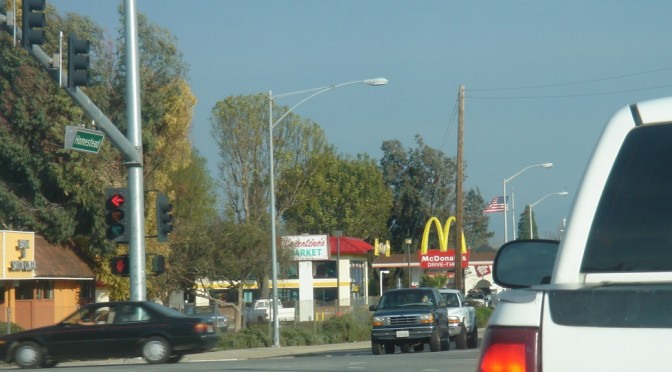
The United States just unleashed a massive peaceful-but-powerful weapon upon China: Visas. As in: relaxed visa policies.
I know that because I was once a PRC citizen. The US did not feel like a bolted fortress, but it was serious on its details. I had to get myself a US visa as a Chinese citizen, which kind of “went away” when I became Swiss in 2000. Now Tracy has to get herself visas for everywhere because China has only so many visa waiver agreements — mostly with the developing world.
When Tracy and I applied for the EEA Family Permit (thanks, Switzerland, for signing the free movement deal, even though we’re sure you’ll eat it one day if you continue to let Blocher and Co rule Helvetia), I’ve heard Tracy dig into Baidu rants. It was grilled by PRC citizens married to EU, EEA and Swiss citizens as this questionnaire that just went on and on and on — a hundred questions. As a Swiss I don’t take issue with these: I’ve heard that “facilitated naturalisation” has a wait-time of one and a half years… so I’m “familiar” with all those government forms and “stuff like that”. Visas are never an easy thing for some of us in some parts of the world to get, even though in several countries, procedures have been simplified.
But to many, the US remained that one country that, to lots of PRC citizens, could at times just refuse visas to its passport holders — and at times it felt like it was “on a whim”, even though the US, like Switzerland and most of the developed world, is ruled by a set of (at times pretty rigid) laws. (After driving around London, I wish more and more locals were a little Swiss on the roads.) So when the US simply opened the floodgates with ten-year visas, this was the next best thing after a blanket visa waiver (which I hope will also be reality one day; the Taiwanese “renegade province” so-called gets it already!).
This also means I had better get my (expletive deleted) State-side, since the terminology to way too many Americans visiting China will be very different with the set we have in London or Zürich. To the Brits, a subway is what you use to cross the road (underneath); to Americans, it’s what the Tube is for London. In the UK we’ve got to get our Council Taxes straight and report incomes to HM Revenue and Customs; in the US we are dealing with totally new terminology, including the likes of the IRS. The Swiss would be confused by the existence of Royal Mail and The Post Office in the UK, as they have “just one” in Alpine territory — that goes by up to four different names (in four different languages no less!).
Indirectly, China is opening its doors to more and more Americans, and the US opening itself also more and more to China. This leaves Schengenland and the UK to much of a disadvantage. Even if the Common Travel Area eventually became part of Schengenland, the generous-ness of the visa won’t work either. It’s time to realise that more and more Chinese have the big bucks (big quids? Do we or can we actually say it like that?) and need to head overseas — beyond the 31 mainland provinces. It is also time most of us realised that the era of the mainland Chinese passport is no longer stuck in this era where it was granted to a few, and had to be surrendered upon return; it is time some of us realised the full potential of this passport. I hope the trend for the PRC mainland passport will be more and more lenient visa policies — along with a biometrics requirement (to keep the bad guys out).
And I know this has to be the case. Go to Bicester Village… I dare you. It’s now a Chinese village in the making… seriously… There will be a day, I hope, that PRC passports will come, more and more, with ten-year visa vignettes affixed to it — for the UK and for Schengenland, too, as I hope…
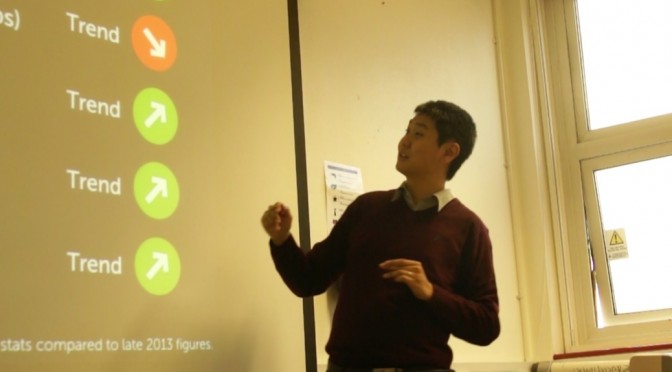
All change, please!
This post has been updated and is now on a new version of this site.
This notice will remain online until 20 September 2016.
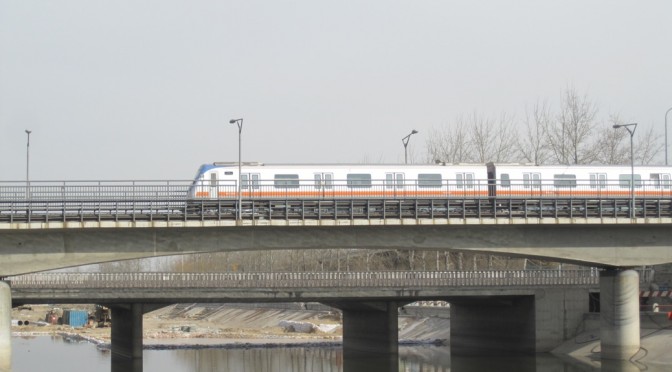
All change, please!
This post has been updated and is now on a new version of this site.
This notice will remain online until 20 September 2016.
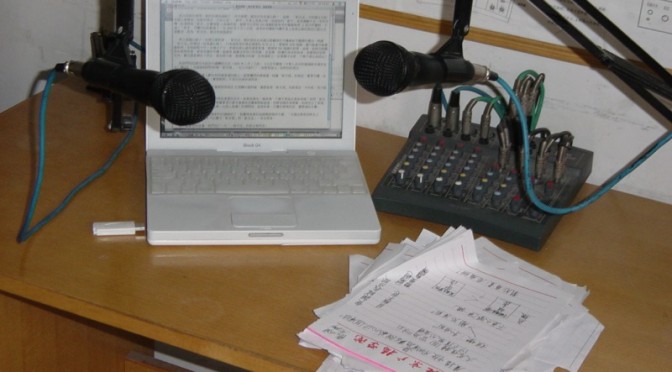
All change, please!
This post has been updated and is now on a new version of this site.
This notice will remain online until 20 September 2016.
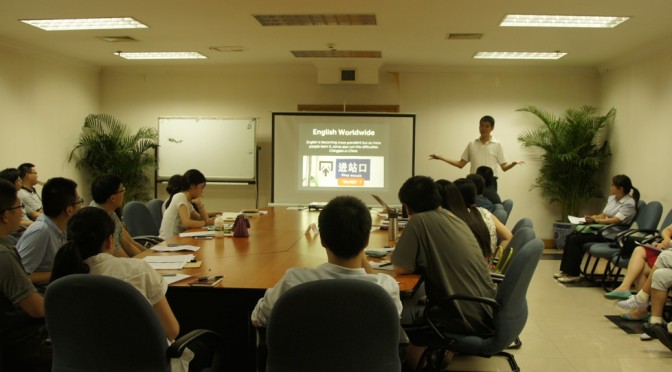
The Chinese government can at times be one of more difficult “group of students” to talk to, and it’s here in China, more than anywhere else, where a solid track record and years, if not decades, of experience, will probably be much more in your favour than anywhere else. Having solid (but also legal!… as in “non-corrupt”) relations somewhere in the system will also work in your favour.
It took me over 10 years of Chinglish-gazing around the country to be shown the right people to that one classroom in the Foreign Affairs Office of Beijing’s most internationalised district, Chaoyang, where people came in the evening hours of 15 July 2014, to listen to me speak about Chinglish — and how to fix it. For around an hour, I briefed around 20 people, most of them quite visibly enthusiastic, on how these mistakes were made, where they were often made, and how they could be best corrected. To ensure learners were best versed into the English language, even the introduction by the district’s foreign office itself was in English.
This was my first go at teaching an “all-government” audience, but if you could hold a microphone in front of thousands of unknown faces, you could do the same in front of 20 mandarins without a mic. I was happy to have helped the district of Chaoyang, home to many expats and embassies, improve their English in the run-up to hosting the APEC summit later that year.
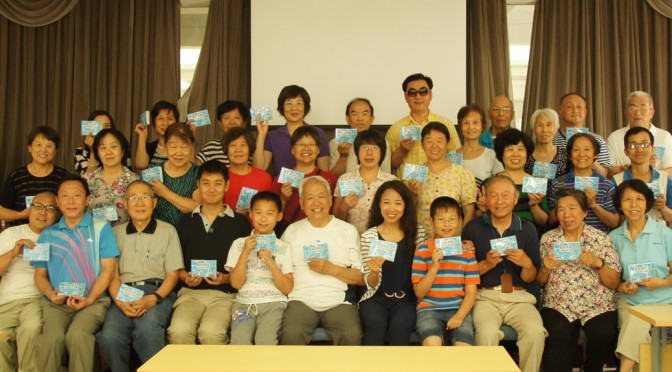
All change, please!
This page has been updated and is now on a new version of this site.
This notice will remain online until 20 September 2016.
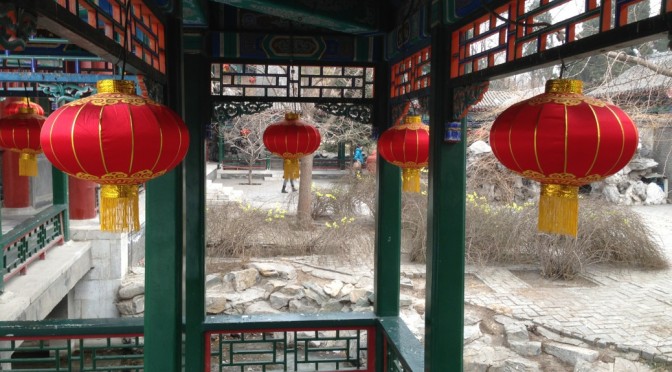
All change, please!
This post has been updated and is now on a new version of this site.
This notice will remain online until 20 September 2016.
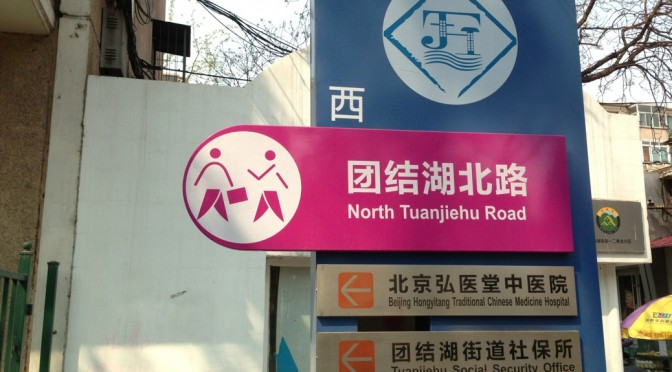
The Tuanjiehu community in the city of Beijing is noted for being one of the most active English-speaking communities in town. (Here’s hoping fellow expats living there actually get to know this…!) I’ll be here this weekend — joining both kids and seniors as we get the Tuanjiehu launch party of the recently-unveiled Handbook of Everyday English for Beijing unveiled.
The event takes place 09:30-11:30 on 31 May 2014, at Tuanjiehu, Beijing; the specific address is the Qiushi Vocational School. Here’s a map on Google: you’re closest by Tuanjiehu subway station (exit C) if you’re getting around by “underground dragon”, as Lonely Planet says it best.
Members of the media: There appears to be no separate media event, however I will arrive early by about 15 minutes or so; if you’ve questions, ask me then. Due to key appointments following the speech, I must depart at 11:30 sharp.
Join me and Alison Zhou onstage as we show off and keep locals excited about the new Handbook of Everyday English, which is your guide if you ever…
and need English that simply works.
Alison and I co-presented many shows, especially nearly all 2013 Wider World Waves shows, and we also did the VOs for the book. Oh — and if you’ve a copy and want one signed, just show it to us and let us add our John Hancock!
There appears to be no registration procedure needed; just turn up and “come to class” as usual. The language of instruction will mainly be in English. We welcome everyone, especially locals interested in English, or expats interested in either helping locals learn or are simply curious at what we’re doing.
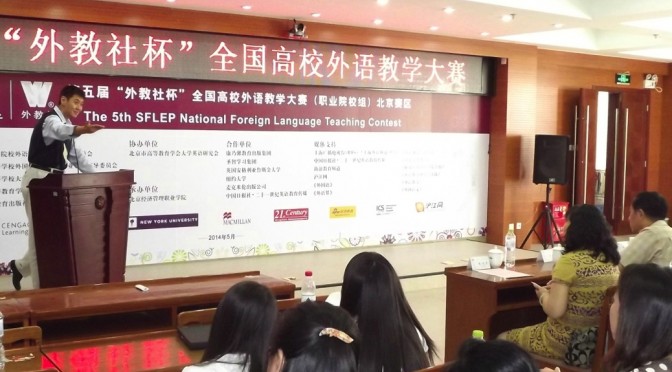
All change, please!
This page has been updated and is now on a new version of this site.
This notice will remain online until 20 September 2016.